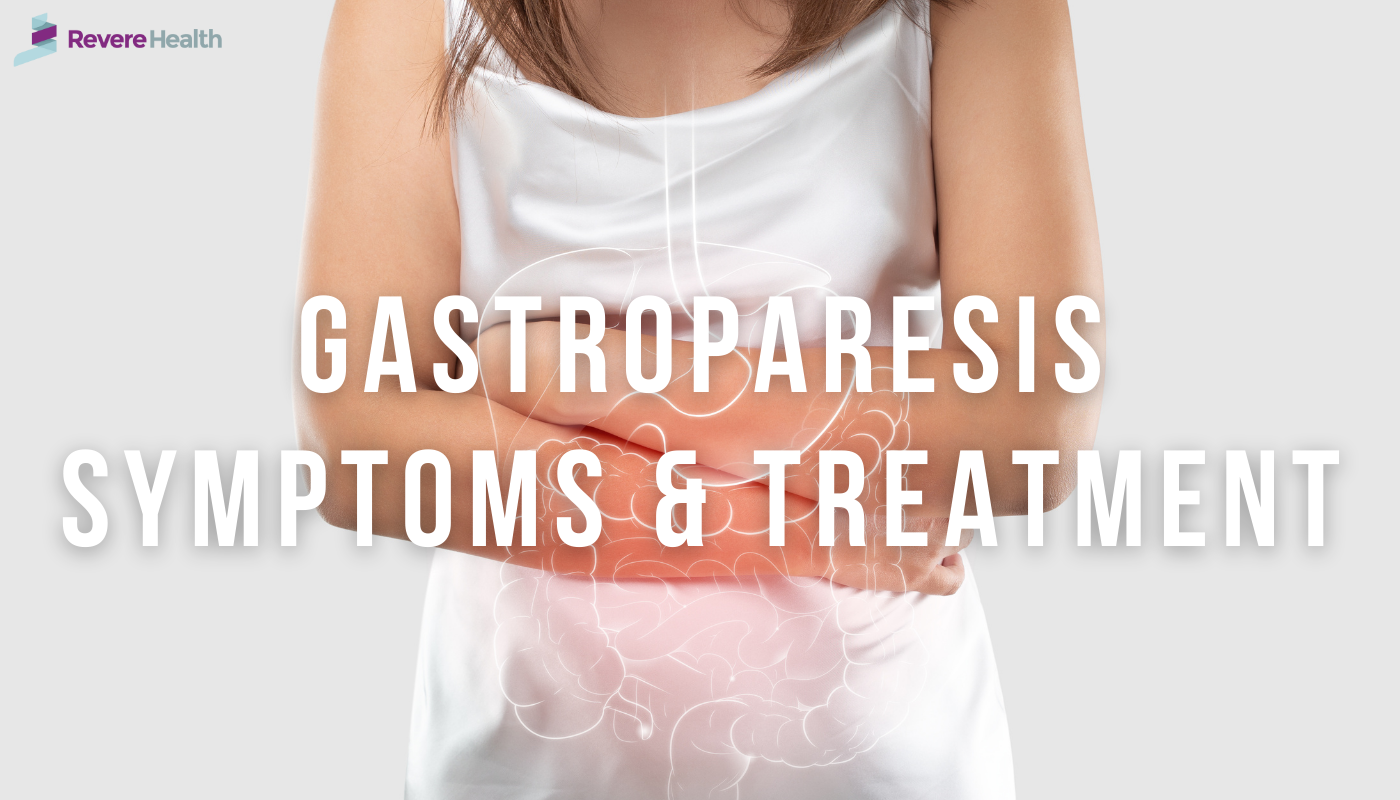Sleep Apnea and Erectile Dysfunction: What is the Connection?

We cannot connect sleep apnea and erectile dysfunction. These two health conditions are too different that it is hard to understand how they are interconnected. So, if a person has sleep apnea, they stop breathing suddenly at night. As much as it affects the overall health of the person, it also impacts the testosterone and oxygen level of the body. It leads to certain sexual disorders like erectile dysfunction. Before digging in any more information, let’s understand what sleep apnea and erectile dysfunction are. What is Sleep Apnea? Sleep apnea is a sleep disorder that leads to loud snoring, waking up with a sore throat, feeling irritable, lack of concentration, headaches in the morning, and sudden stops in breathing. Now, sleep apnea also causes sleep deprivation in people. It can dip the man’s testosterone level. For a healthy and prolonged erection, oxygen and testosterone are essential. This way, sleep apnea can cause erectile dysfunction. What is Erectile Dysfunction? Erectile D...




